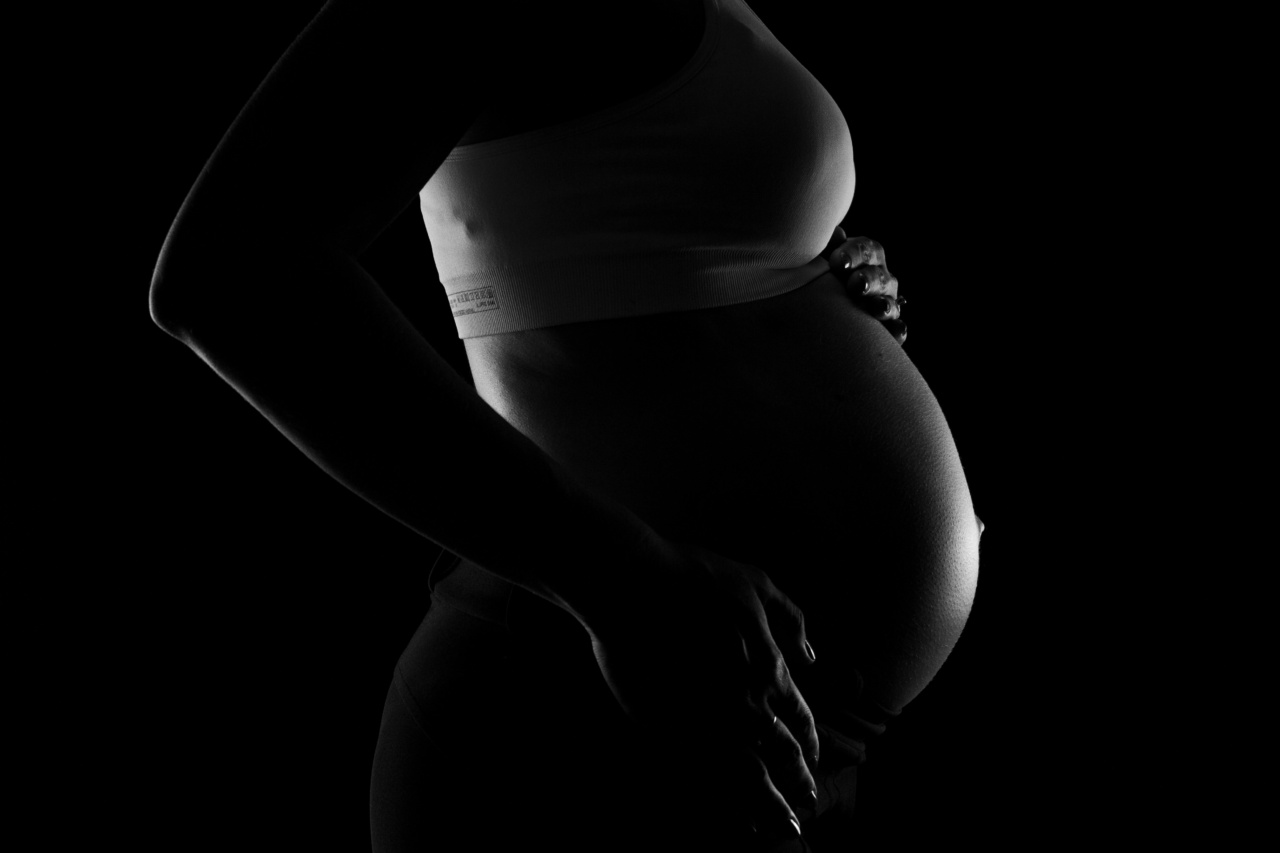Many women eagerly anticipate the arrival of their baby bumps as a tangible sign of their growing bundle of joy. However, there is a phenomenon known as the phantom baby bump that leaves some women perplexed and even concerned.
In this article, we will explore what the phantom baby bump is, its possible causes, and its implications for expecting mothers.
What is the Phantom Baby Bump?
The phantom baby bump refers to the sensation of having a baby bump despite not being pregnant.
Women who experience this phenomenon often describe feeling a roundness or protrusion in their abdominal area, similar to what one would expect during pregnancy. However, upon medical examination, no actual pregnancy is detected.
Possible Causes of the Phantom Baby Bump
While the exact cause of the phantom baby bump is still unknown, several theories have been proposed by medical professionals. These theories aim to shed light on why some women experience this sensation, even in the absence of a pregnancy.
Let’s delve into some potential causes:.
1. Muscle Memory
One theory suggests that the phantom baby bump may be attributed to muscle memory. During pregnancy, the abdominal muscles stretch and shift to accommodate the growing fetus.
Even after delivery, these muscles may retain a memory of the expanded shape, leading to the sensation of a baby bump.
2. Hormonal Changes
Hormonal fluctuations can also play a role in the development of a phantom baby bump.
Hormones like estrogen and progesterone, which are elevated during pregnancy, can potentially impact the perception of one’s body and trigger the sensation of a baby bump.
3. Psychological Factors
Psychological factors, such as a strong desire for pregnancy or a fear of pregnancy, may contribute to the development of a phantom baby bump.
The mind has a powerful influence over the body, and the subconscious desire for a baby can manifest physically even when no pregnancy is present.
4. Changes in Body Composition
Weight gain or changes in body composition can also play a role in the development of a phantom baby bump. Increased fat deposits in the abdominal area or fluctuations in water retention can create the illusion of a baby bump.
5. Distended Organs
Some women may experience a distension of certain organs, such as the intestines or bladder, which can create the sensation of a baby bump.
Conditions like bloating or constipation can cause the abdomen to protrude and mimic the appearance of pregnancy.
Implications for Expecting Mothers
Experiencing a phantom baby bump can be both confusing and emotionally challenging for expecting mothers. It is important to remember that this phenomenon is relatively harmless and does not necessarily indicate any underlying medical condition.
However, it is always advisable to consult a healthcare professional to rule out any potential issues and alleviate any concerns.
It is crucial for women who experience a phantom baby bump to practice self-care and seek emotional support.
Joining support groups or seeking guidance from therapists specializing in reproductive health can provide reassurance and understanding during this unique experience.
Embracing an Empathetic Approach
As friends, family, or healthcare providers, it is essential to approach women experiencing the phantom baby bump with empathy and compassion.
Invalidating their feelings or dismissing their concerns can further exacerbate the emotional distress they may already be experiencing. Instead, offering a listening ear and support can make a significant difference in their overall well-being.
Conclusion
The phantom baby bump may be a mysterious phenomenon, but it is not uncommon. While it can be confusing and emotionally taxing for women who go through it, it is reassuring to know that this experience is often harmless.
By understanding the potential causes and offering support, we can help women navigate this unique journey and find comfort in knowing they are not alone.






























